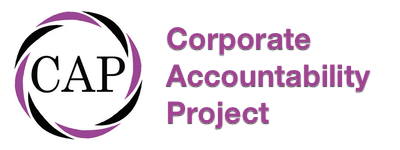At 8am on Monday the 13th of February 2017, the Guardian released an article regarding the potential involvement of international criminal law in shedding light on the crimes against humanity occurring on Manus Island and Nauru under Australia’s scheme of indefinite offshore detention. The article can be found here: https://www.theguardian.com/australia-news/2017/feb/13/international-criminal-court-told-australias-detention-regime-could-be-a-against-humanity
That evening, a panel discussion called ‘The Refugee Crisis and International Criminal Law: Are Australian Agents and Corporate Actors Committing Crimes Against Humanity?’ was run at the City University of London campus. The panel was comprised of professors and international law specialists including prominent members of the Global Legal Action Network (GLAN), GetUp and Stanford Law School’s International Human Rights and Conflict Resolution Clinic.
The panel focused on the potential involvement of the International Criminal Court (ICC) in addressing the human rights abuses conducted at Manus Island and Nauru. Despite the fact that ICC’s examination process is likely to be very lengthy and that there may be difficulties in establishing the gravity criterion of such crimes for the purposes of the investigation, an ICC investigation has the potential to apply soft power to shine the global spotlight on the Australian Government’s system of offshore detention to affect change.
Professor Keller of the Faculty of Law at School of Oriental and African Studies (SOAS), University of London, emphasised the need for Western global powers to cease associating crimes against humanity with non-Western countries alone, and instead recognise the humanitarian abuses that may be occurring on their own soil; a particularly pertinent comment in light of the ongoing global refugee crisis.
The panel highlighted the importance of mobilising the international audience to put pressure on private corporate actors that act in concert with government agencies to perpetuate systems of abuse. Private conglomerates are particularly vulnerable to reputation damage and public pressure that can have a negative impact on profits. Companies such as Wilson Security and Ferrovial, which are allegedly involved in perpetuating large scale misconduct should not escape responsibility for their actions. Corporates must be reminded of their ethical obligations, the existence of free and informed consumers and the need for socially responsible companies.
Nevertheless, the panellists all echoed the same stark warning: we all have to ensure that Australia’s scheme of indefinite offshore detention is not made the envy of countries dealing with an influx of refugees. The crimes against humanity and human rights abuses that occur in these detention centres must be brought to the fore and denounced by the international community in order to ensure that an international precedent, which facilitates systematic abuse, is not created.
